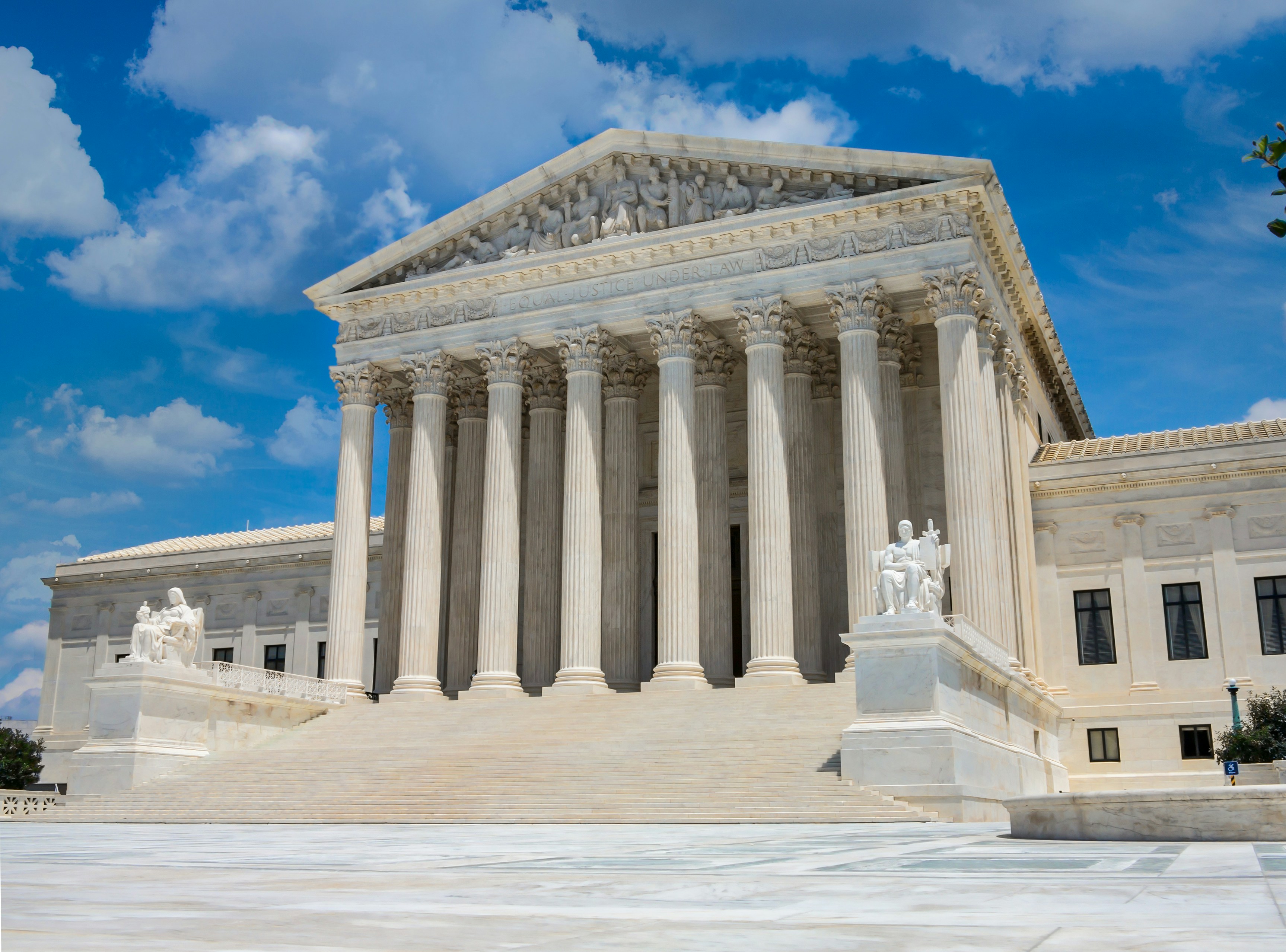Until a few years ago, Dave Cranston Jr. had to worry about what would happen to his family’s Robinson business if his father had died unexpectedly.
The state’s inheritance tax can leave heirs scrambling to cover a tax bill. And many end up selling the business or taking out costly loans.
“If something were to happen suddenly to my father, there would have been tens of thousands of dollars of estate taxes owed,” said Dave Cranston Jr., president of Cranston Material Handling Equipment Corp. in Robinson. “None of us have that (money) sitting around waiting.”
Cranston owns 80 percent of the business founded by his grandfather in 1957, and his father is alive and well.
But a bill before Harrisburg lawmakers could end the worry for other family-owned companies across the state.
State Rep. Stephen Bloom, a Carlisle Republican, has introduced a proposal to exempt family-owned businesses from the state’s inheritance tax, which can range from 4.5 percent to 15 percent of the total value of a business depending on whether the heir is a child, sibling or a distant relative.
Unlike the federal estate tax, which only applies to the value of an estate above $5 million, Pennsylvania’s inheritance tax is based on the full value of the business.
“This has forced many families to sell off essential business resources just to pay the tax, and it forces some families to leave the business altogether,” Bloom said. “This is an unnecessary loss to our economy and our next generation of job creators.”
Cranston said his company isn’t very big but it still has a “multi-million” dollar valuation. “It doesn’t take much of a business to be worth a million,” he said.
The 4.5 percent tax, which applies to children inheriting from their parents, would mean a bill of $45,000 for every $1 million in business value. If it becomes law, the state Department of Revenue estimates it would lose tax revenue of $9.9 million in the 2013-14 fiscal year. The state passed a $27 billion budget last year.
Many companies take out insurance policies to cover an unexpected state tax bill, Cranston said.
Bloom said the bill he introduced this month is modeled after a proposal he introduced last year to exempt family-owned farms from the inheritance tax. A similar bill also was introduced in the Senate last year by Dominic Pileggi, a Chester Republican and the Senate Majority Leader.
The budget and tax deal signed into law last year by Gov. Tom Corbett included the exemption for family farms.
Pileggi also plans to push a Senate bill this year to exempt family firms from the state’s inheritance tax.
“In far too many cases, the heirs to small companies cannot afford to pay the inheritance tax when the business owner dies, and they are forced to either liquidate the business’s assets or sell the business,” he said.
Kevin Shivers, executive director of the Pennsylvania chapter of the National Federation of Independent Business, said the issue of repealing all or part of the inheritance tax is gaining momentum in Harrisburg.
“It has the greatest chance of being enacted it’s had in the last 20 years,” Shivers said, citing Corbett’s stand on eliminating the tax. He said many lawmakers are looking for any way to boost jobs in the state, he said.
“Everyone claims to want to help small business,” he said. “This particular proposal actually does help small business.”
Bloom’s proposal, House bill 48, is scheduled to receive a hearing in the House Finance Committee next week.
————————-
Copyright 2013 – The Pittsburgh Tribune-Review
Thanks for reading CPA Practice Advisor!
Subscribe Already registered? Log In
Need more information? Read the FAQs
Tags: State and Local Taxes, Taxes



